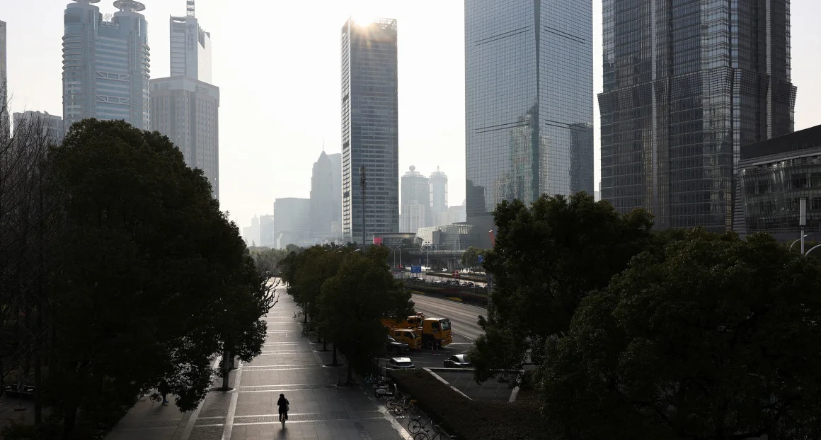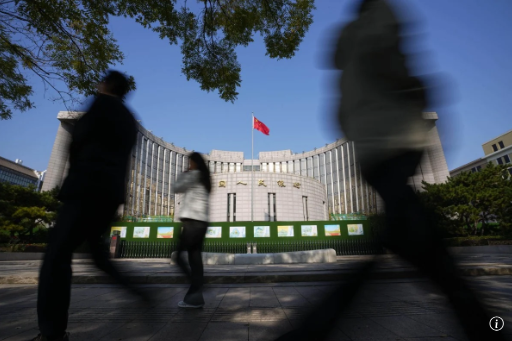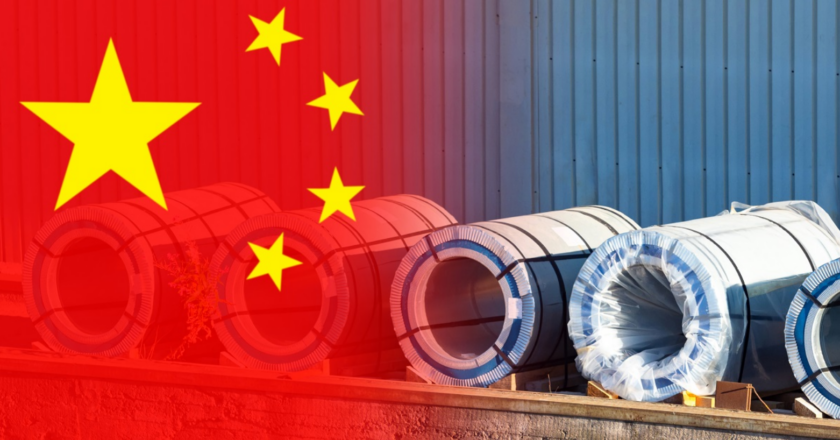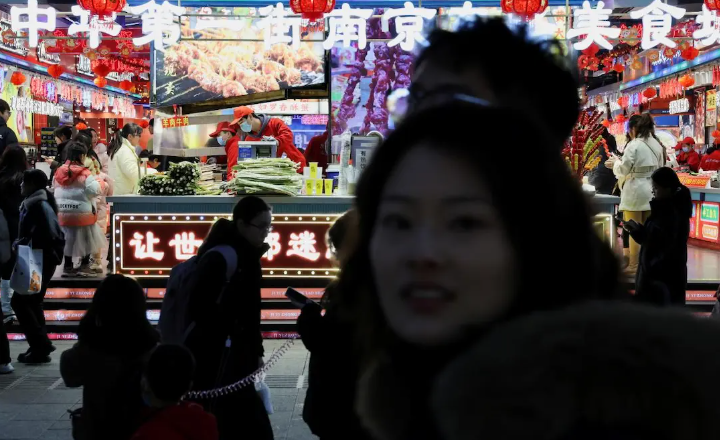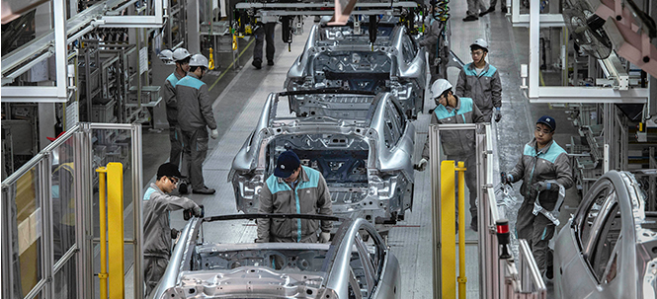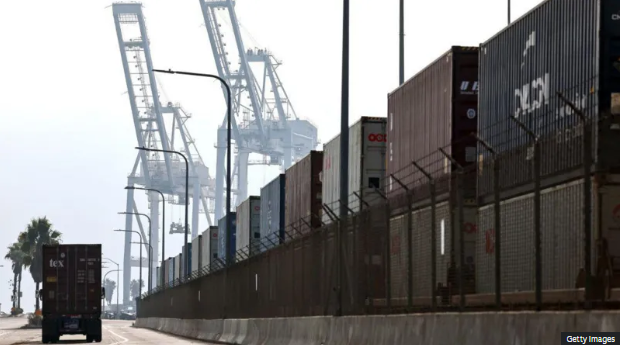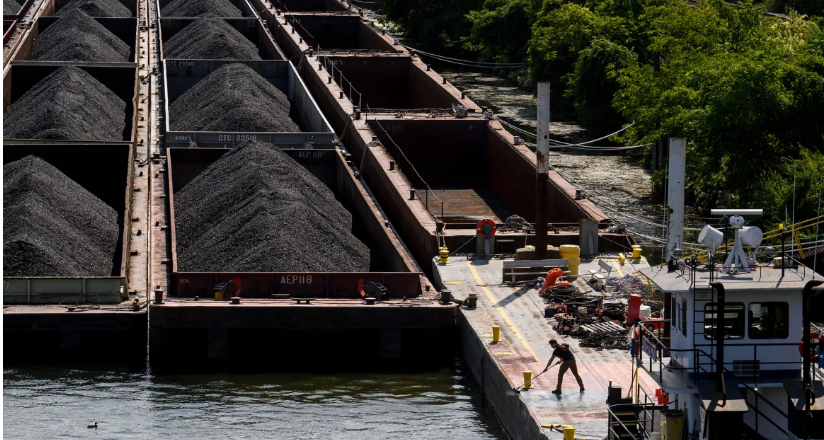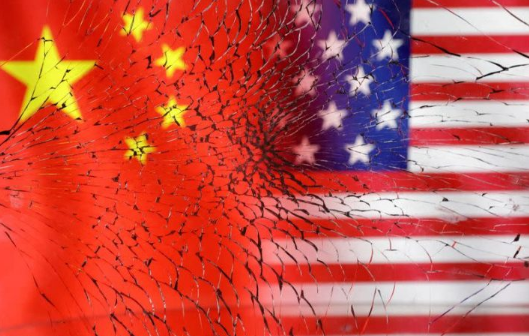In January, China’s foreign investment plummeted. Is Beijing able to make things better?
Inbound investment in China plummeted to a four-year low in January, as the world’s second-largest economy grapples with a flurry of headwinds.
The Ministry of Commerce reported on Wednesday that 97.6 billion yuan ($13.4 billion) in foreign direct investment was utilized last month, a 13% drop from the same period last year.
The weak start to the year came after a steep plunge of 27.1% in total annual foreign direct investment (FDI) last year to 826.3 billion yuan ($113.4 billion). It was the lowest figure since 2016.
“The decline has narrowed compared to last year, but it is still on a downward trend,” Ling Ji, China’s vice commerce minister, said at a Thursday press conference, where multiple government departments unveiled a 20-point action plan to attract foreign capital.
...
